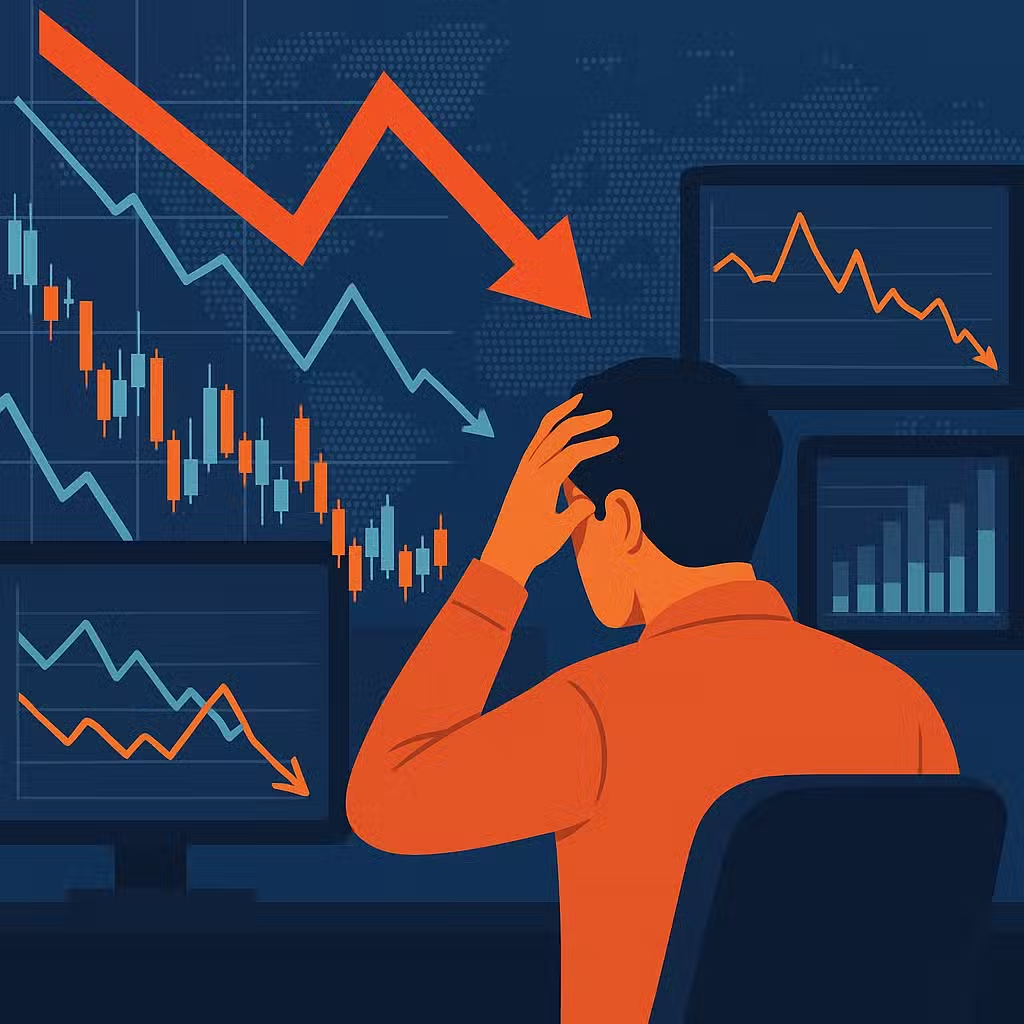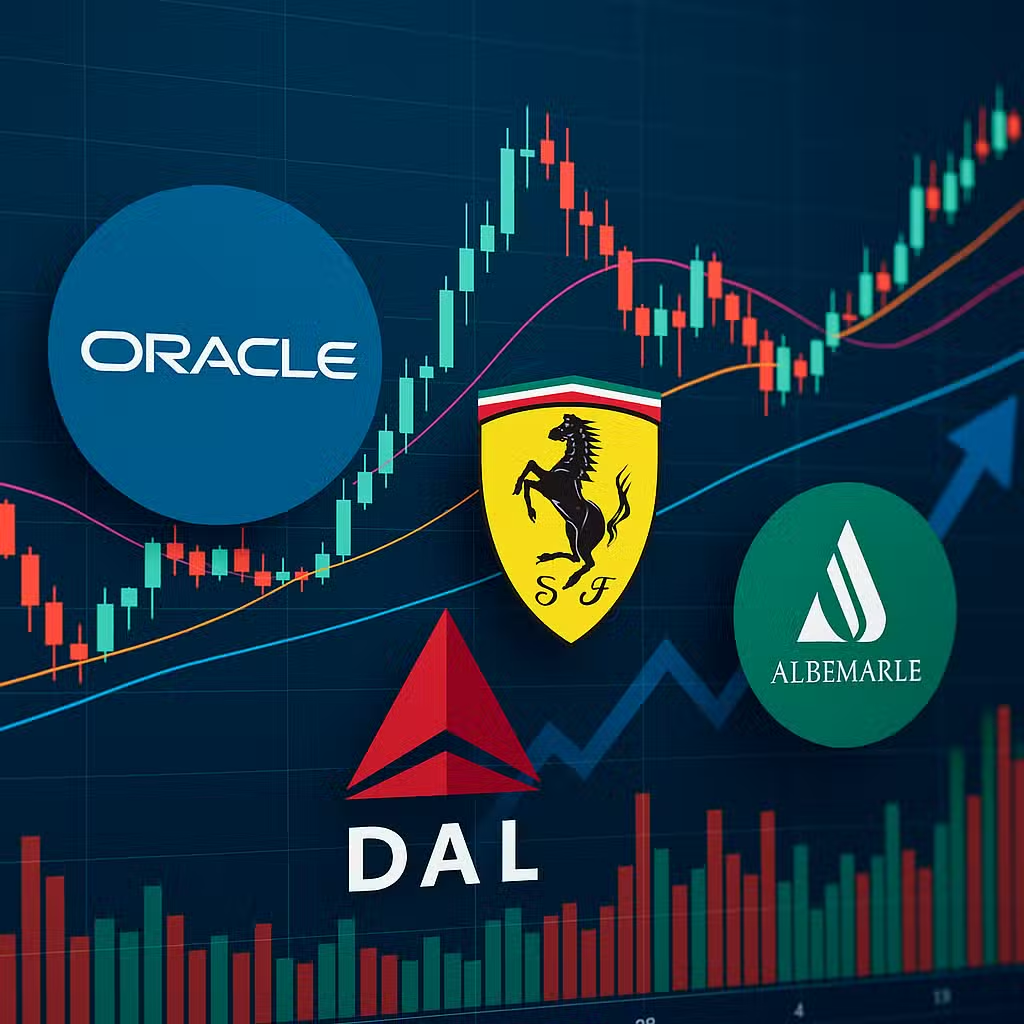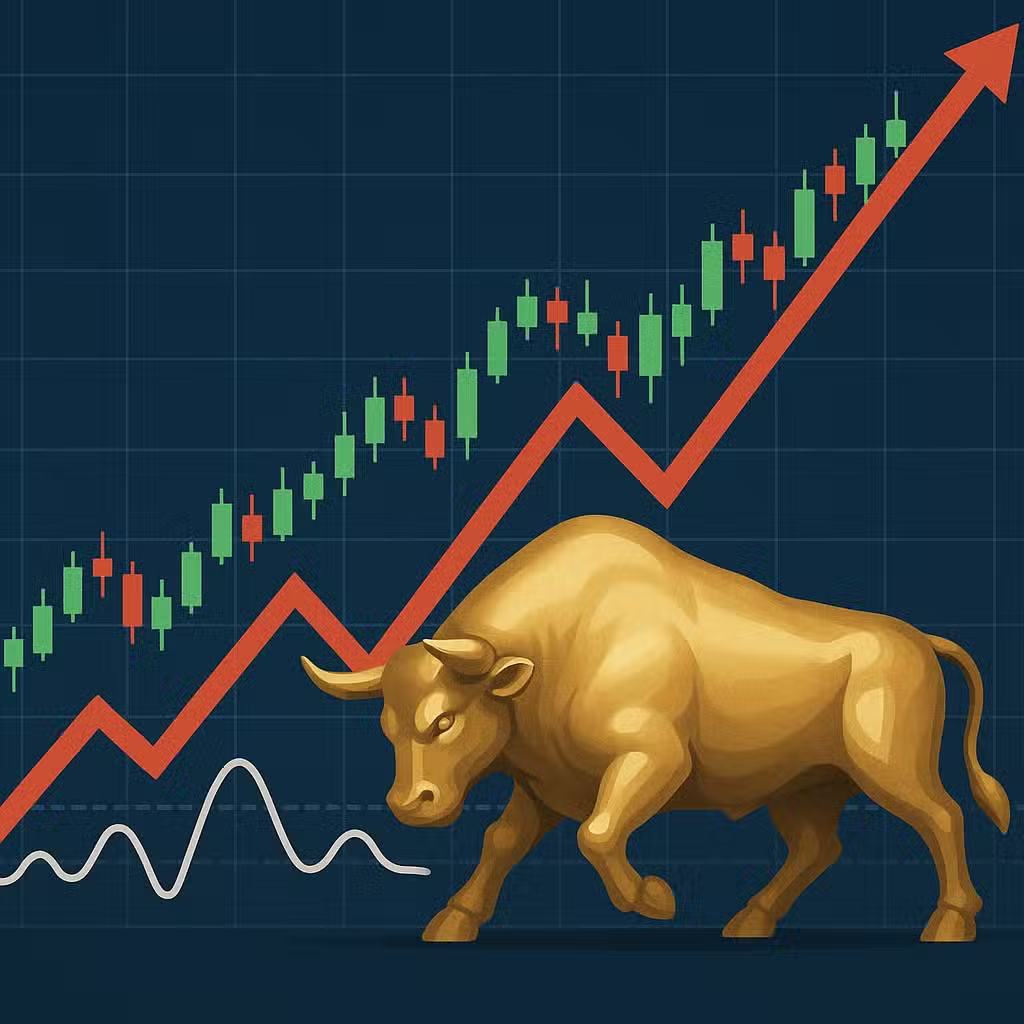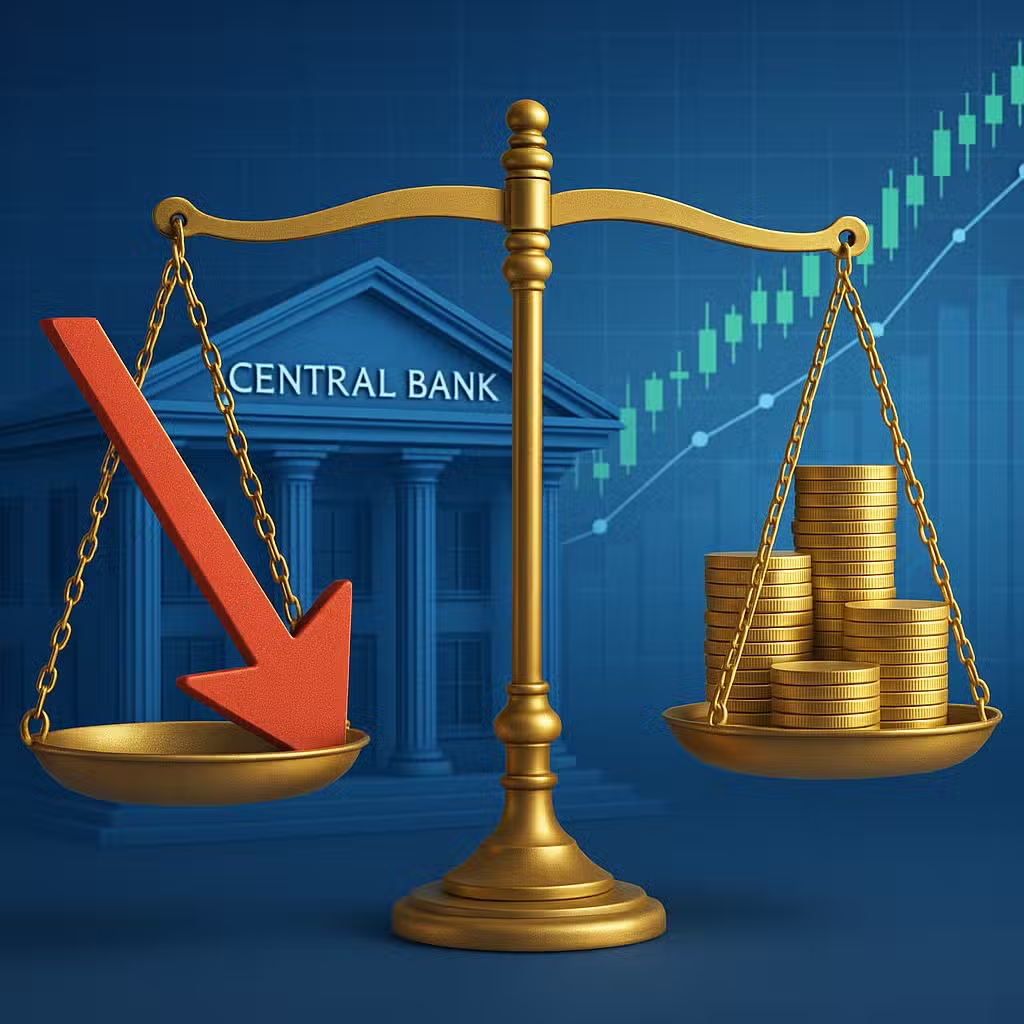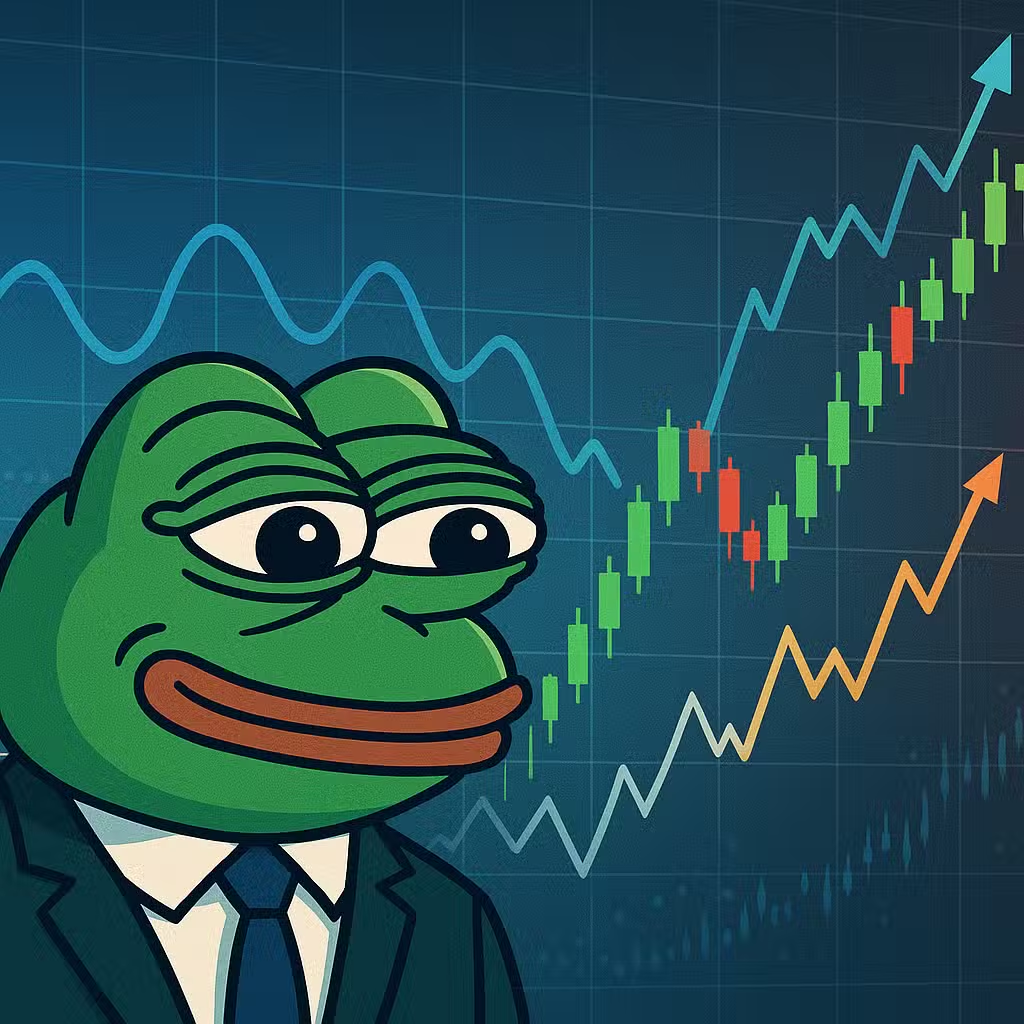Why Understanding Day Trader Challenges Matters for Investors Assessing Market Trends and Risks
Imagine being a gold miner—digging alone all day, hoping to strike it rich. That’s what day trading can feel like: exciting, but often lonely work.
Why Day Trading Feels So Isolated
Day trading means buying and selling stocks or cryptocurrencies quickly, sometimes in just minutes. Most day traders work alone—at home, in a quiet room, glued to their screens. Like a solo tennis player, they focus hard, hoping to win big. But that focus can mean spending hours, or even whole days, without talking to anyone.
In fact, a 2022 study found that people who trade crypto or use real-time investing apps feel lonelier than regular investors or non-investors. You can see the study for yourself here.
Why This Matters for Investors
Loneliness isn’t just a personal issue—it can affect how well someone trades. When investors feel isolated, they might:
- Make riskier choices, hoping for a big win to feel better
- Keep losses or worries to themselves, instead of getting good advice
- Burn out faster, leading them to quit trading altogether
On the flip side, some traders say working alone keeps them focused and helps them avoid groupthink, where everyone copies each other’s mistakes.
The Pros: Why Some Traders Like Going Solo
- Focus: No office noise or distractions—just you and the market.
- Flexibility: You set your own hours and work from anywhere.
- Personality Fit: Introverts or people who like working alone can thrive.
- Control: Every decision is yours, with no boss or team to answer to.
Some traders, like Kenneth Schweitzer, a 68-year-old in Vermont, say they actually enjoy the peace. After decades in busy jobs, trading alone feels relaxing to them.
The Cons: The Downsides of Trading Alone
- Loneliness: Most traders spend hours alone, with little chance to chat about their wins or losses.
- Stress: Losing money can be hard, especially with no one to talk to about it.
- Lack of Support: Beginners might struggle more without a mentor or peer group.
- Missed Ideas: Solo traders can miss out on helpful tips or new strategies that come from teamwork.
Melissa Avutan, who started BullMentor to help connect traders, says she created her company after feeling isolated herself. She found that many traders want a community, but struggle to find one.
Are Things Changing?
Interest in trading communities is growing fast. According to Google Trends:
- Searches for “day trading group” jumped 572% in just a few months.
- Interest in “day trading class” is up 700%.
- Searches for “day trading coach” rose 325%.
Some groups now meet online or in person to share tips and support. Daniel Alhanti, who runs a trading group, says these clubs help traders learn faster and feel less alone.
Bulls vs. Bears: Two Sides to the Story
- Bullish View: Trading alone can mean more freedom, faster learning, and less peer pressure. Some traders build skills and confidence by working solo and enjoy the challenge.
- Bearish View: Too much isolation can hurt mental health and lead to worse decisions. Without support, it’s easy to make mistakes or give up when things get tough.
What the Data Says
According to a 2021 study, social support is key for mental health in high-stress jobs—including investing. Traders who find a group or mentor often perform better and stick with it longer.
Investor Takeaway
- Know yourself: If you’re considering day trading, ask if you’re comfortable working alone for long periods.
- Find a community: Look for trading groups, classes, or mentors online or in your area to stay connected and keep learning.
- Watch your mental health: Take breaks, talk to friends, and don’t let losses pile up in silence.
- Balance solo focus with teamwork: Use the quiet to your advantage, but don’t be afraid to reach out for advice or support.
- Remember, trading isn’t just about money—it’s about building a life that works for you. Stay open to new ways to learn and connect.
For the full original report, see Yahoo Finance

